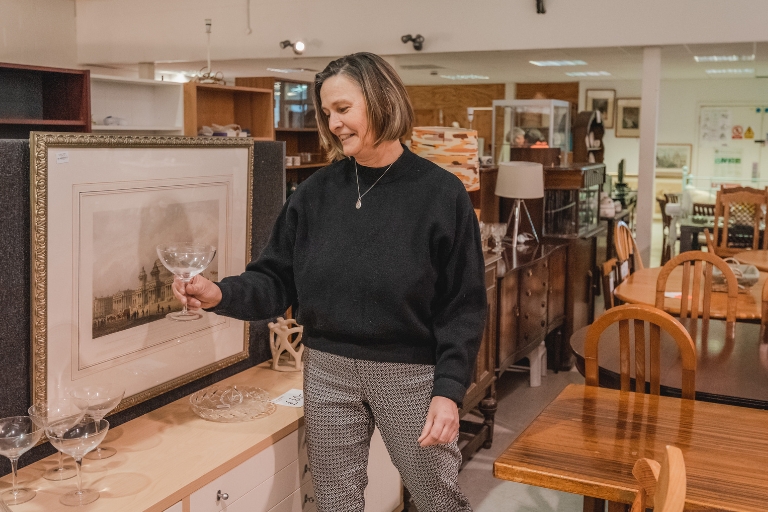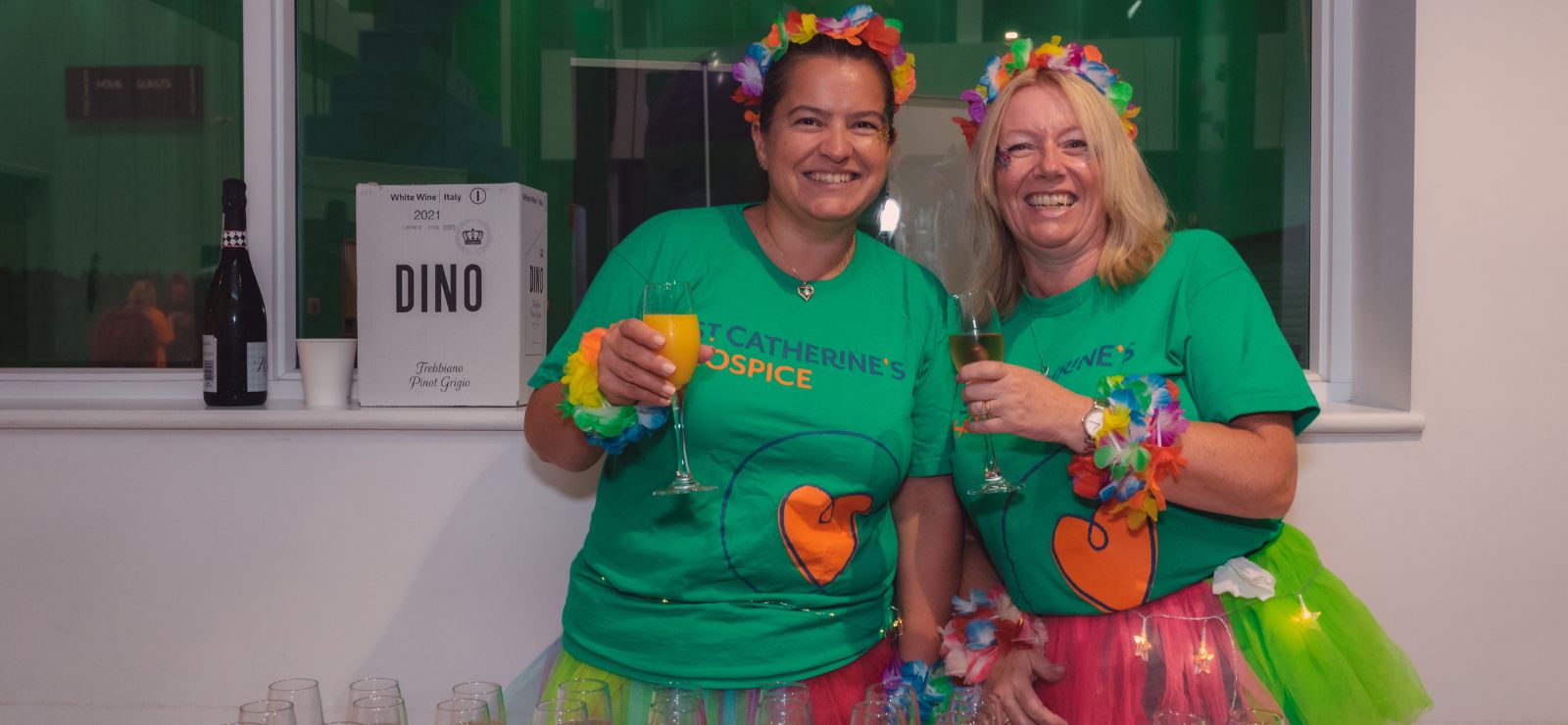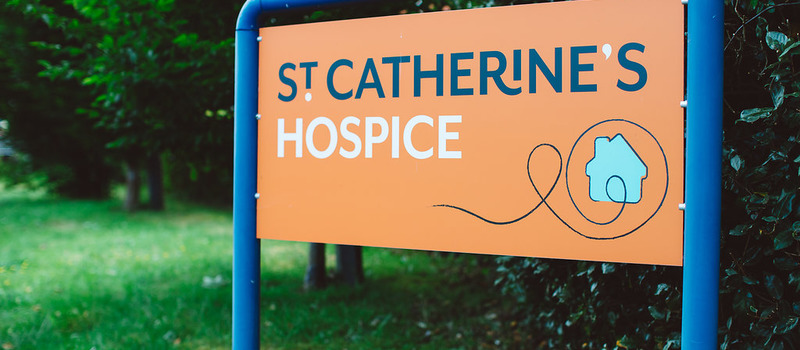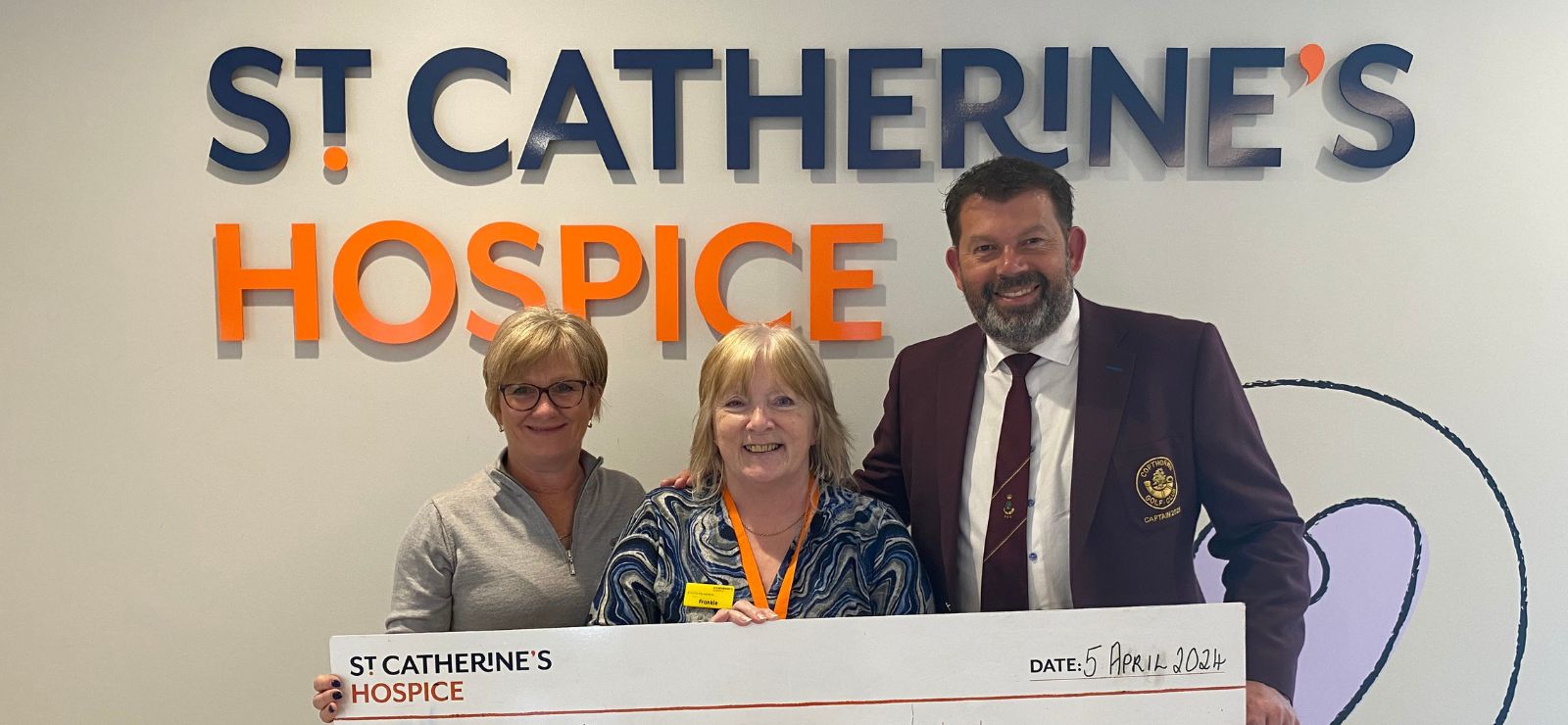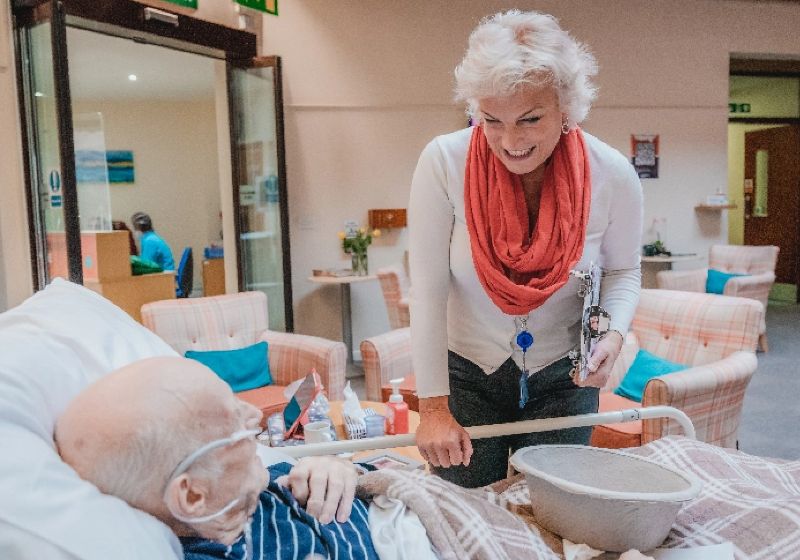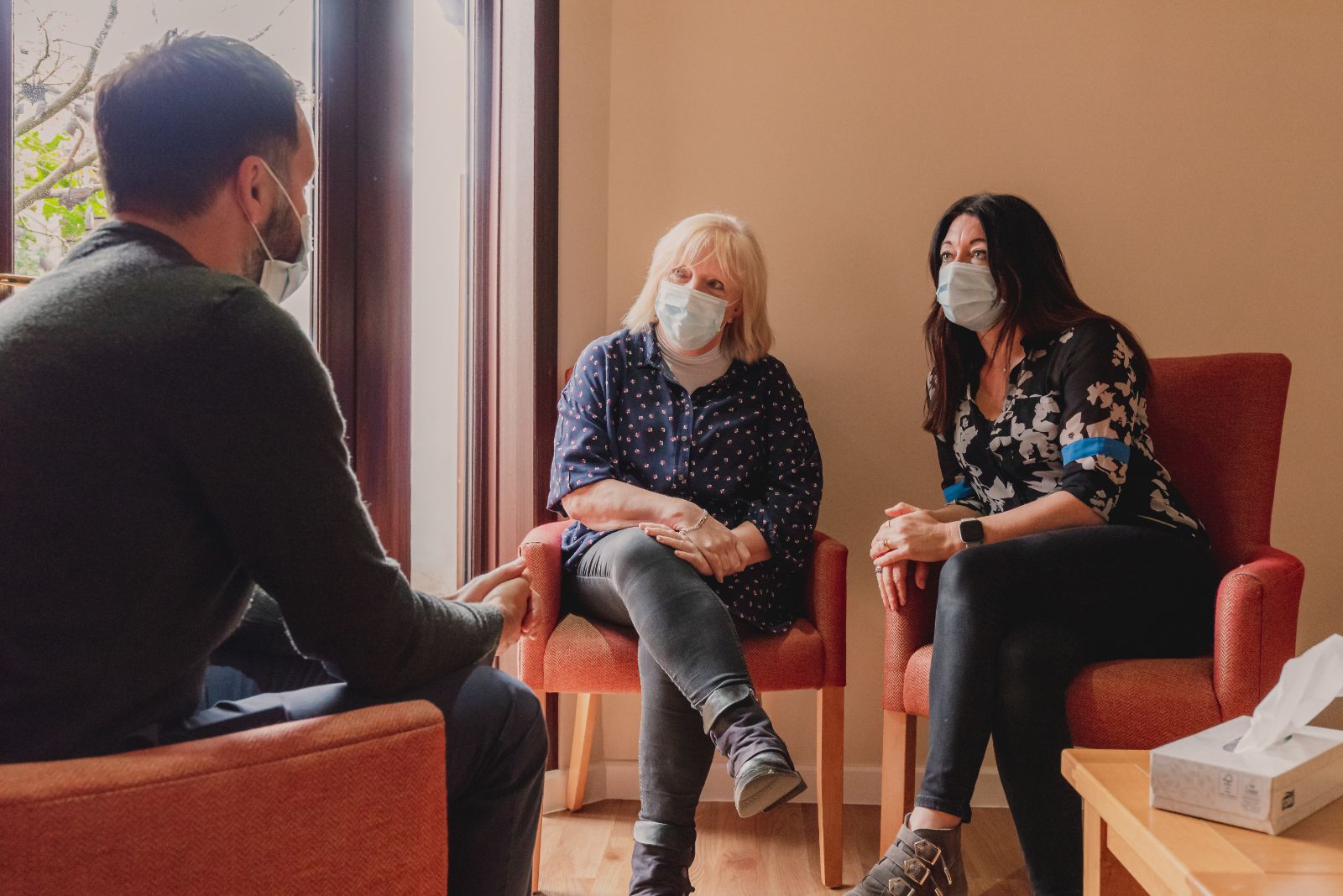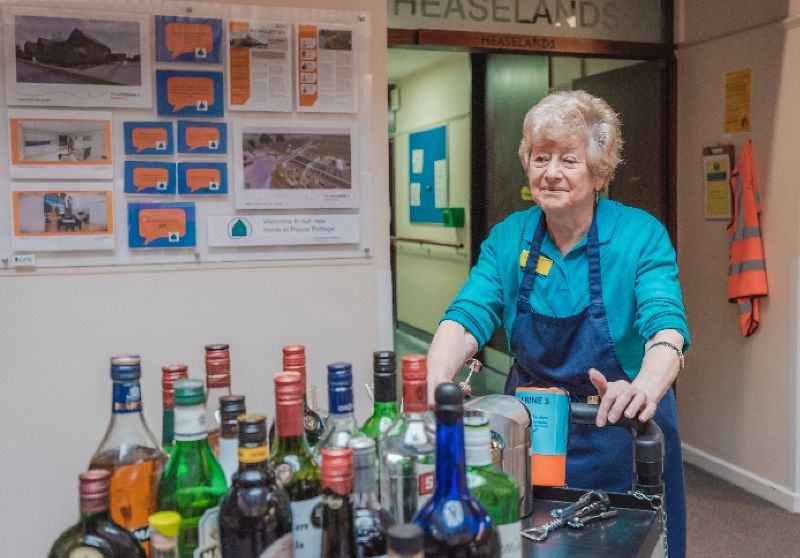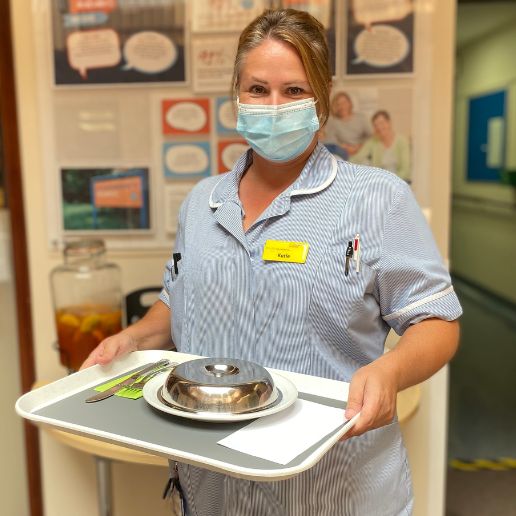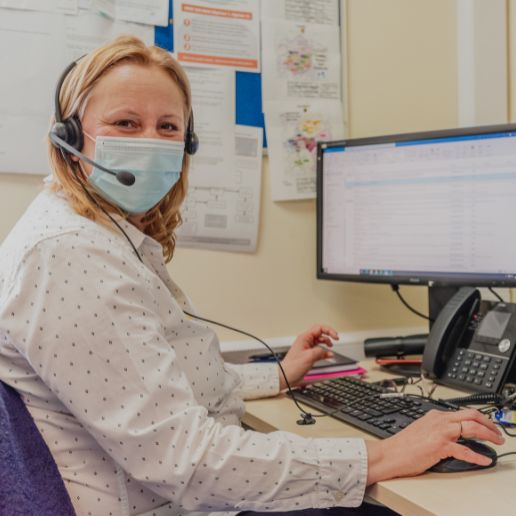Advance care planning really covers what matters to you
“It’s natural to talk about and plan for future life events
For births, weddings, holidays we prepare, we plan and we discuss. We think about what we’d like to happen and how we want it to be. Advance Care Planning is a conversation about our wishes in regards to our future care and it can be helpful and reassuring for individuals and their families. However, there is often a reluctance to engage in these conversations or a confusion about what they involve.
But I was delighted to find that the team at St Catherine’s were keen to support people like me, living with a terminal illness, to enjoy the benefits of planning ahead
By speaking to the hospice team while I’m still relatively well I found that I was able to set out clearly what I wanted in terms of my future care and explain what is important to me
Now all of this has been recorded, it’s also been shared with my GP and will be available if I have an emergency hospital admission to help medical professionals make the right decisions about my care.
In my Advance Care Planning conversation we talked about my wish to avoid dying in a hospital and the kind of things we could put in place to make it possible for me to die at home, or at the hospice
The hospice team were able to take a note of who I trust to make decisions for me, and the fact that I have a Lasting Power of Attorney in place.
We talked about who might provide the kind of care that I might need and practically how we could organise my house to accommodate that
It was reassuring to know, for example, that a hospital bed could be provided for my bedroom if that was necessary.
I also talked about how important it is for me to be able to see the outside and how I love to listen to podcasts and music
If you’re thinking about whether you want to have an advance care plan conversation, I’d encourage you to do it sooner rather than later, (you don’t have to be ill or dying), because:
- It can help alleviate the fear of the unknown, by talking about what might be coming and make a plan that you’re happy with for how to deal with it
- It’s a very practical conversation that can give your family confidence and reassurance about what the future might hold
- It’s much more gentle and more holistic than a normal medical appointment, it really covers what matters to you.
Andrea Ward, a nurse specialist at St Catherine’s and my sister-in-law says there’s a real value in planning ahead in this way, because it takes the trauma out of crisis decision making under pressure. She emphasised how important it is that the patient themselves makes these decisions, as medical staff can’t take advice from family or friends without the patient’s consent.
So planning ahead and having these conversations early means that everyone is clear on things like the preferred place of care.
It’s great St Catherine’s is keen to support people in a practical way in making plans, and also in putting together the resources and equipment that they might need ahead of time
If you want to know more about Advance Care Planning, you might find this short video from Hospice UK useful.


